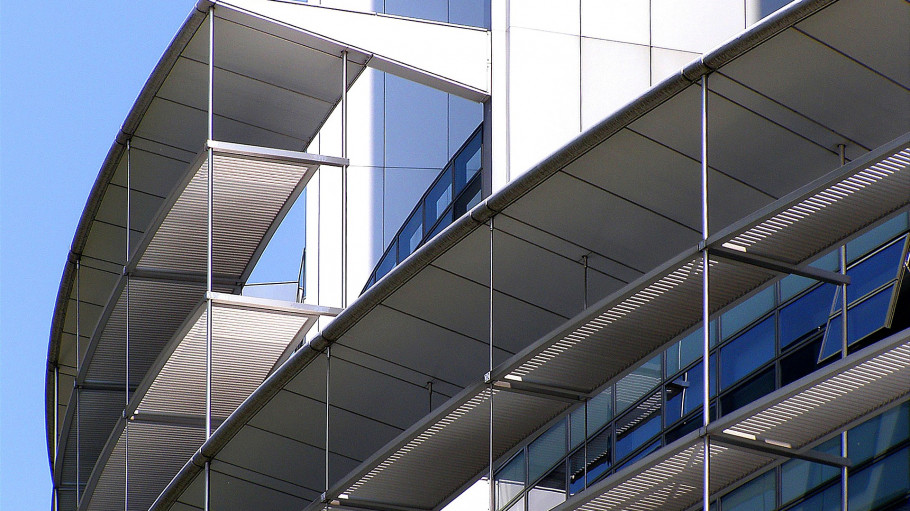
News » Revised EU ETS state aid guidelines published
Revised EU ETS state aid guidelines published
Recent updates

The European Commission published, on 21 September 2020, its revision of the EU ETS State Aid guidelines for the compensation of indirect carbon costs for the period 2021-2030. These revised guidelines are designed to support sectors that, like steel, are most at risk of carbon leakage.
The publication follows the recent Commission’s proposal on increasing the 2030 climate targets. In the absence of comparable efforts by trading partners, it is important to develop a strengthened framework of measures to address the risk of carbon leakage, with benchmark-based free allocation and indirect costs compensation, as well as an effective carbon border adjustment mechanism
Compensation for indirect costs incurred by the steel industry is an essential measure to mitigate the risk of carbon leakage due to the carbon costs passed on to the steel sector from the energy sector.
EUROFER has the following overall perspective on the revision:
The European steel sector is committed to emissions reduction, and compensation for indirect carbon costs forms an essential part of the policy framework necessary to ensure that the sector can continue to decarbonise whilst remaining globally competitive.
Joint Industry Statement
Brussels, 11 February 2026 - The European Steel Association (EUROFER) has backed a call to action adopted by European companies and industries in Antwerp today, which includes a demand on the EU to take urgent action to bring electricity prices down as a condition for Europe’s industrial drive, competitiveness and economic resilience.
The automotive value chain is of vital importance to the EU steel industry and requires an integrated approach to realising the decarbonisation transition in a pragmatic way.